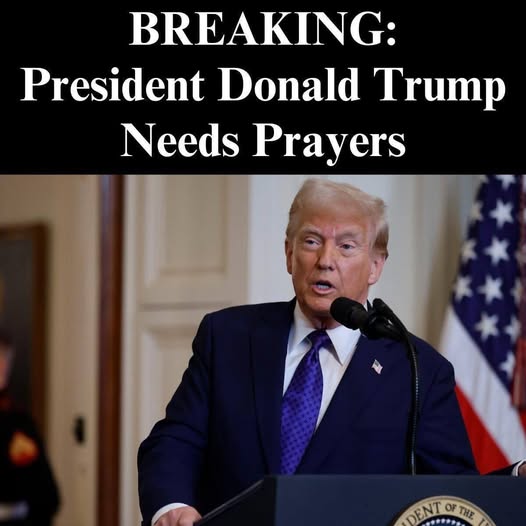
In a critical address to the Senate Intelligence Committee this week, senior officials from President Donald Trump’s administration delivered a clear and urgent warning: the trafficking of fentanyl and other synthetic opioids by foreign drug cartels now poses one of the most significant national security threats to the United States.
While the opioid crisis has traditionally been viewed as a public health issue, this new classification elevates it to a matter of national defense—highlighting increasing concerns regarding the rising death toll and the increasingly organized activities of transnational criminal organizations.
A Crisis Beyond Public Health
Director of National Intelligence Tulsi Gabbard commenced the committee hearing with alarming statistics. “Cartels were primarily responsible for the deaths of over 54,000 U.S. citizens due to synthetic opioids in the 12-month period concluding in October 2024,” she stated. Gabbard emphasized that the extent of the crisis now transcends individual tragedies and local communities—it endangers the stability of entire regions and the safety of the nation as a whole.
“Fentanyl is no longer merely a drug issue—it constitutes a strategic assault on the American populace,” she asserted. “This represents a form of asymmetric warfare, orchestrated by powerful foreign criminal networks that aim to destabilize our society for financial gain.”
Sophisticated Smuggling and Foreign Involvement
Officials elaborated on how cartels based in Mexico and China, collaborating with other international entities, have established highly advanced smuggling operations. These operations include custom-designed tunnels, the utilization of encrypted digital communications, and intricate global supply chains that extend across continents.
“Cartels are utilizing technology, taking advantage of legal loopholes, and collaborating with foreign entities that disregard our national interests,” a Homeland Security official stated. These smuggling pathways frequently include precursor chemicals transported from abroad—primarily from China—before being refined in secret laboratories in Mexico and subsequently trafficked across the southern U.S. border.
Upon entering the country, fentanyl is frequently combined with other substances—such as heroin, cocaine, or fake prescription medications—rendering it particularly hazardous and unpredictable for consumers.